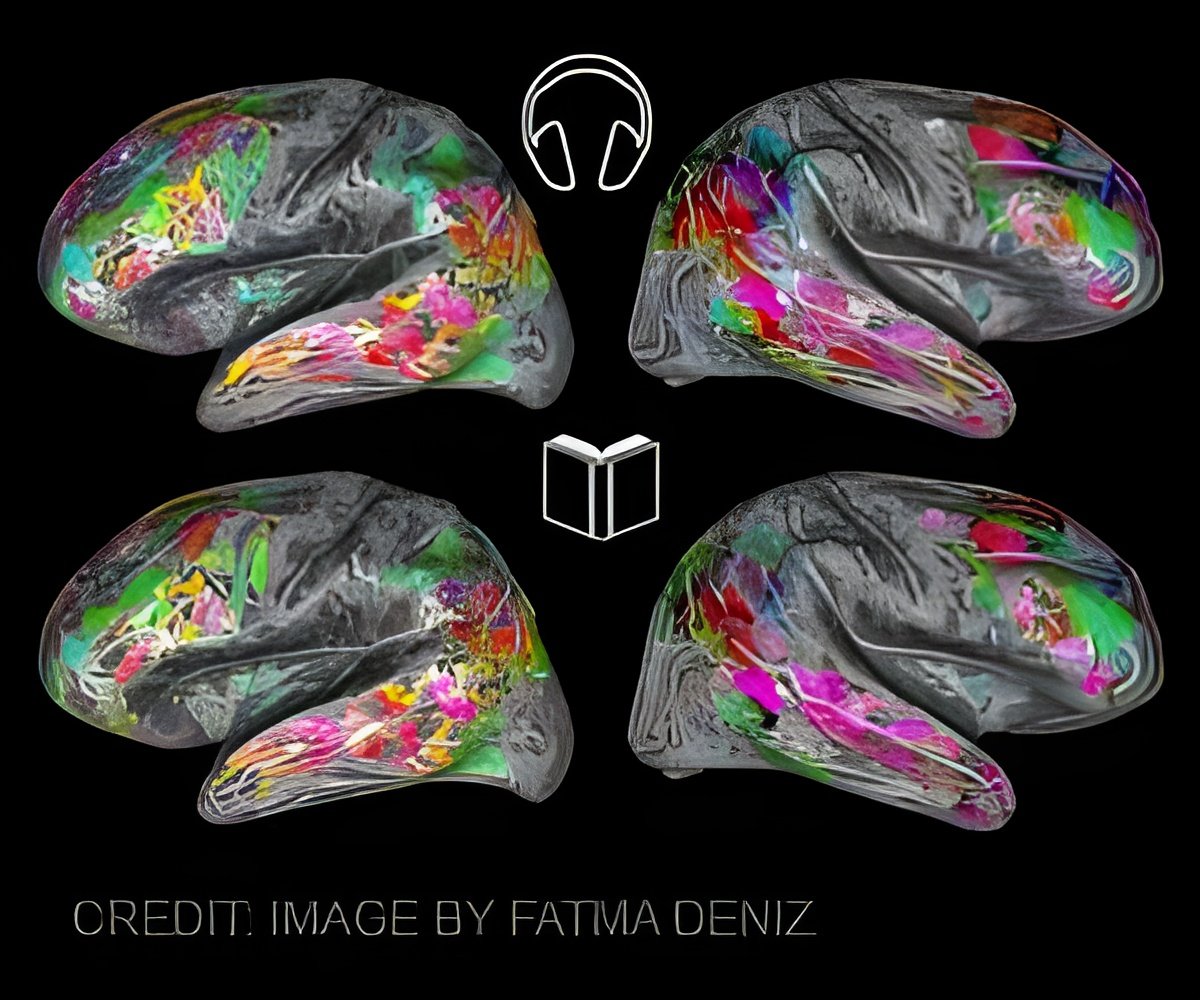The magnitude of sensory-evoked responses in the visual cortex enhances attention. By using computational modeling, behavioral performances were found to be improved.

After moving to a new city, driving to work on the second or third day may feel very different than it felt on the first day.
Over time, drivers will feel more at ease on the road, not only because they can better remember which road signs to attend to or where to turn, but also because they will have an actual experience of doing so. This type of cognitive phenomenon applies not only for everyday-life activities like driving, but also for career-related skills that require training and expertise such as reading x-rays and excelling in sporting activities.
The scientists monitored behavioral performance and brain activity using electroencephalography (EEG) for over 1 month in human participants performing a computer task that required them to direct their attention to a visual stimulus.
They discovered that early in the task, attention enhanced the magnitude of sensory-evoked responses in the visual cortex. Using computational modeling, they also found that this attentional gain predicted the benefit of training observed in behavioral performance.
Surprisingly, after extended training, this attentional gain disappeared, even though behavioral performance was still improved compared to before training. Their modelling experiments indicated that after extended training noise-reduction in brain activity predicted the benefit of training in behavioral performance.
Advertisement
The current findings in humans suggest that this particular result from monkey studies could be due to non-human primates being highly-trained.
Advertisement
Source-Eurekalert








